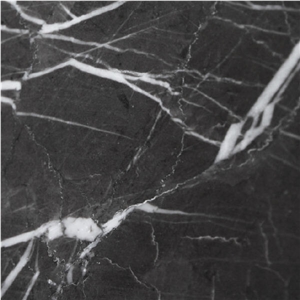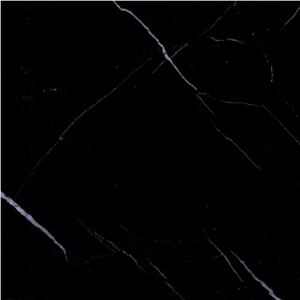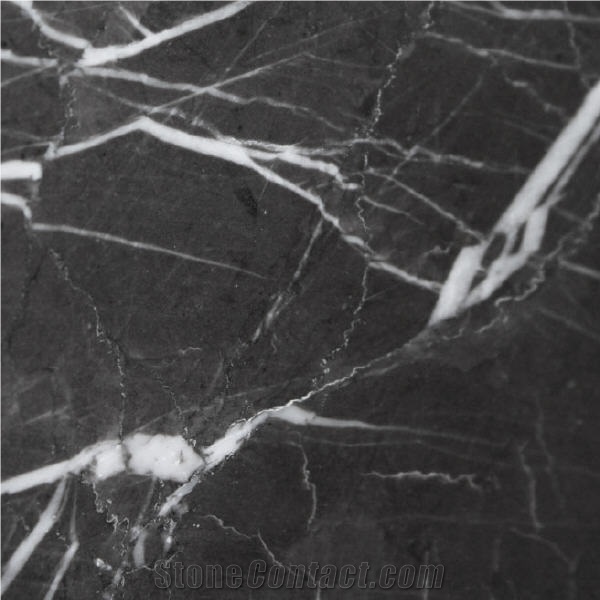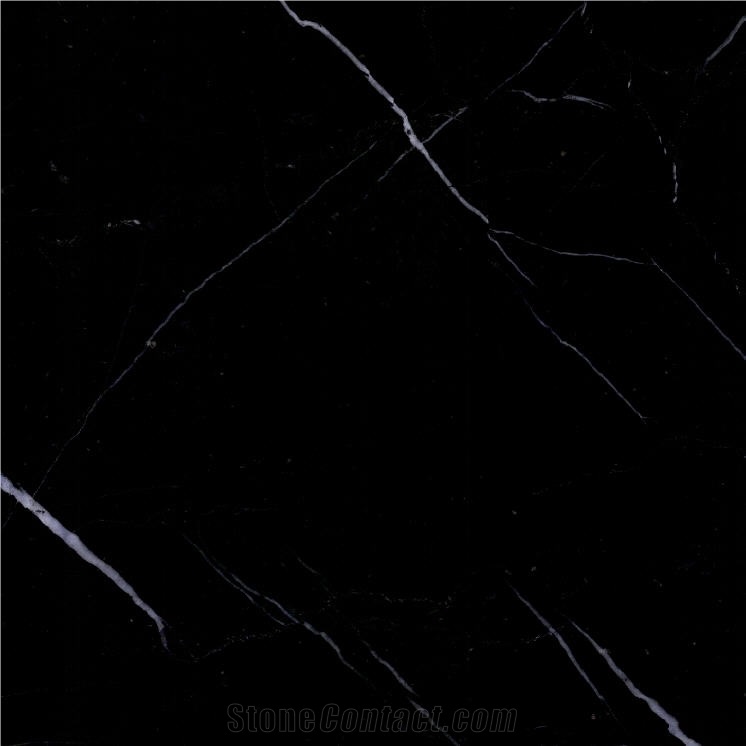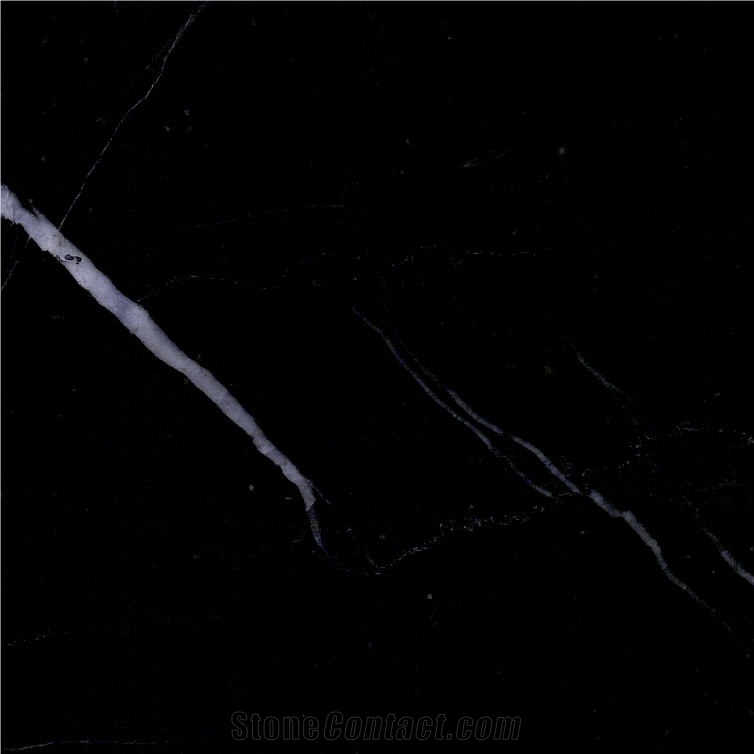African Black Marble
 Iran
Iran
African Black is a kind of deep black marble with white veining quarried in Iran. This stone is especially good for Building stone, sinks, monuments, pool coping, sills, ornamental stone, interior, exterior, wall, floor , paving and other design projects. It also called Pietra Gray Marble,Persian Marquina Marble,in China stone market:非洲黑(Fēizhōu hēi) . African Black Marble can be processed into Polished, Sawn Cut, Sanded, Rockfaced, Sandblasted, Tumbled and so on.

Can I use African Black Marble for gravestone?

Can Iran's African Black Marble be used exterior applications in very humid climates?

How to repair the cracked African Black Marble kitchen countertop edge?

Can Iran's African Black Marble be used in a office?

What is the coefficient of friction of Leathered Iran's African Black Marble tiles?

Can I use African Black Marble for fireplace design?

Is African Black Marble bathroom top easily stained?

Is African Black Marble durable for use as outdoor terrace pavers?

Can Iran's African Black Marble be used in landscaping?

What thickness of African Black Marble backsplash tiles would be better?

Can African Black Marble be used as a kitchen cutting board?

What is the physical properties of African Black Marble?

How can I repair the scratched surface of the African Black Marble stair steps?

Does African Black Marble scratch easily?

What color kitchen cabinets should I choose for African Black Marble kitchen countertops?

How thick is Iran's African Black Marble slabs?

Can Iran's African Black Marble be used outdoors?

What thickness of African Black Marble kitchen countertop would be better?

Can African Black Marble be used in a steam shower as a wall and floor covering?

For African Black Marble office floor application, which surface treatment should be chosen?

Can African Black Marble be used for pool coping?

Can African Black Marble surface be leathered finish?

Is Iran's African Black Marble an expensive stone?

Are there color variations of Iran's African Black Marble?

How should I clean African Black Marble countertop?

What grade is Iran's African Black Marble?
-

 Italy
Italy
Contact Supplier
-

-

Xiamen Landiview Stone Co. Ltd.
 China
China
 8YRDiamond members are premium members on platform, providing members with comprehensive approach to promoting their products, increasing products exposure and investment return to maximize.
8YRDiamond members are premium members on platform, providing members with comprehensive approach to promoting their products, increasing products exposure and investment return to maximize.
 Verified Supplier is for prove company authenticity,including business license,trade license and effective office space,to enhance buyers' trust to suppliers and their products, reducing communication costs.
Verified Supplier is for prove company authenticity,including business license,trade license and effective office space,to enhance buyers' trust to suppliers and their products, reducing communication costs.
Contact Supplier
-

Xiamen Global Stone Imp. & Exp. Co.,Ltd.
 China
China
 5YRDiamond members are premium members on platform, providing members with comprehensive approach to promoting their products, increasing products exposure and investment return to maximize.
5YRDiamond members are premium members on platform, providing members with comprehensive approach to promoting their products, increasing products exposure and investment return to maximize.
 Verified Supplier is for prove company authenticity,including business license,trade license and effective office space,to enhance buyers' trust to suppliers and their products, reducing communication costs.
Verified Supplier is for prove company authenticity,including business license,trade license and effective office space,to enhance buyers' trust to suppliers and their products, reducing communication costs.
Contact Supplier
-

Xiamen Landiview Stone Co. Ltd.
 China
China
 8YRDiamond members are premium members on platform, providing members with comprehensive approach to promoting their products, increasing products exposure and investment return to maximize.
8YRDiamond members are premium members on platform, providing members with comprehensive approach to promoting their products, increasing products exposure and investment return to maximize.
 Verified Supplier is for prove company authenticity,including business license,trade license and effective office space,to enhance buyers' trust to suppliers and their products, reducing communication costs.
Verified Supplier is for prove company authenticity,including business license,trade license and effective office space,to enhance buyers' trust to suppliers and their products, reducing communication costs.
Contact Supplier
-

 Turkey
Turkey
 Verified Supplier is for prove company authenticity,including business license,trade license and effective office space,to enhance buyers' trust to suppliers and their products, reducing communication costs.
Verified Supplier is for prove company authenticity,including business license,trade license and effective office space,to enhance buyers' trust to suppliers and their products, reducing communication costs.
Contact Supplier
-

-

-

-

Zhangzhou Bewell Stone Company Ltd.
 China
China
 Verified Supplier is for prove company authenticity,including business license,trade license and effective office space,to enhance buyers' trust to suppliers and their products, reducing communication costs.
Verified Supplier is for prove company authenticity,including business license,trade license and effective office space,to enhance buyers' trust to suppliers and their products, reducing communication costs.
Contact Supplier
The request includes: 1. surface finished, size 2. quantity required






